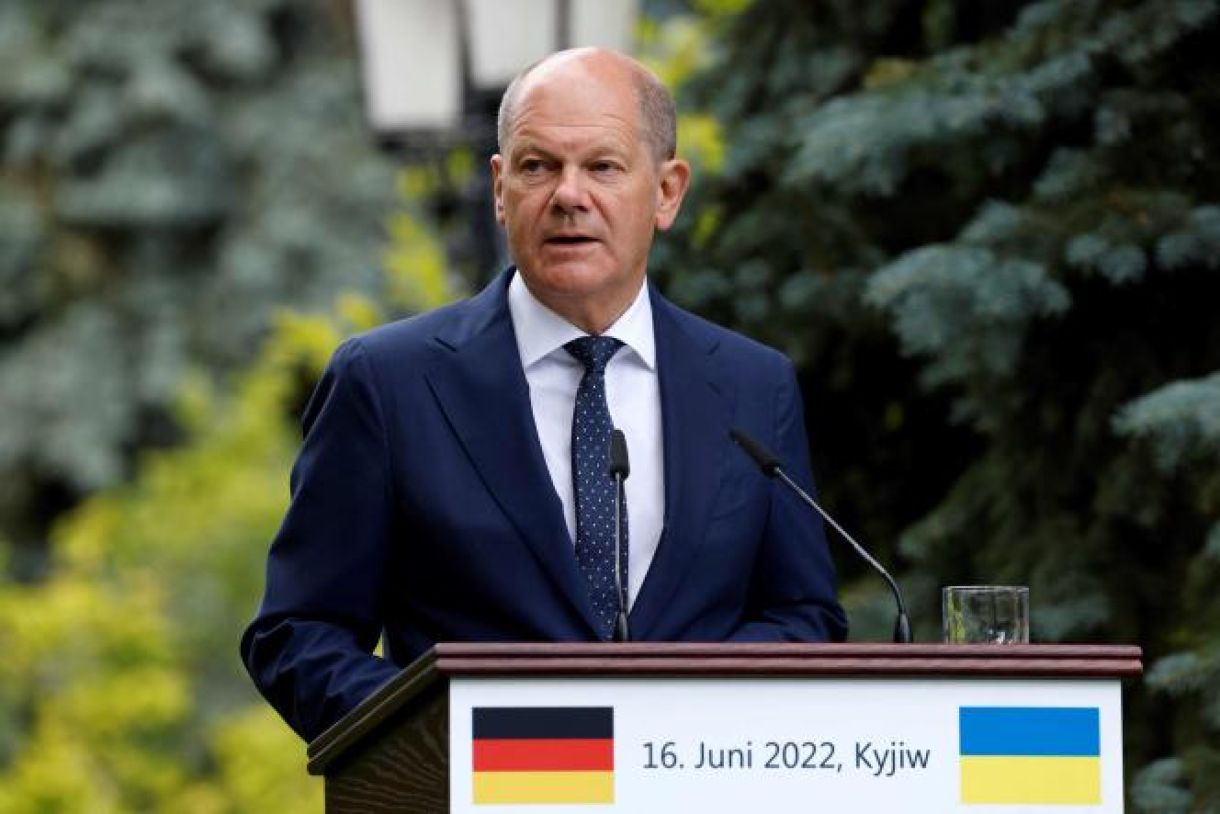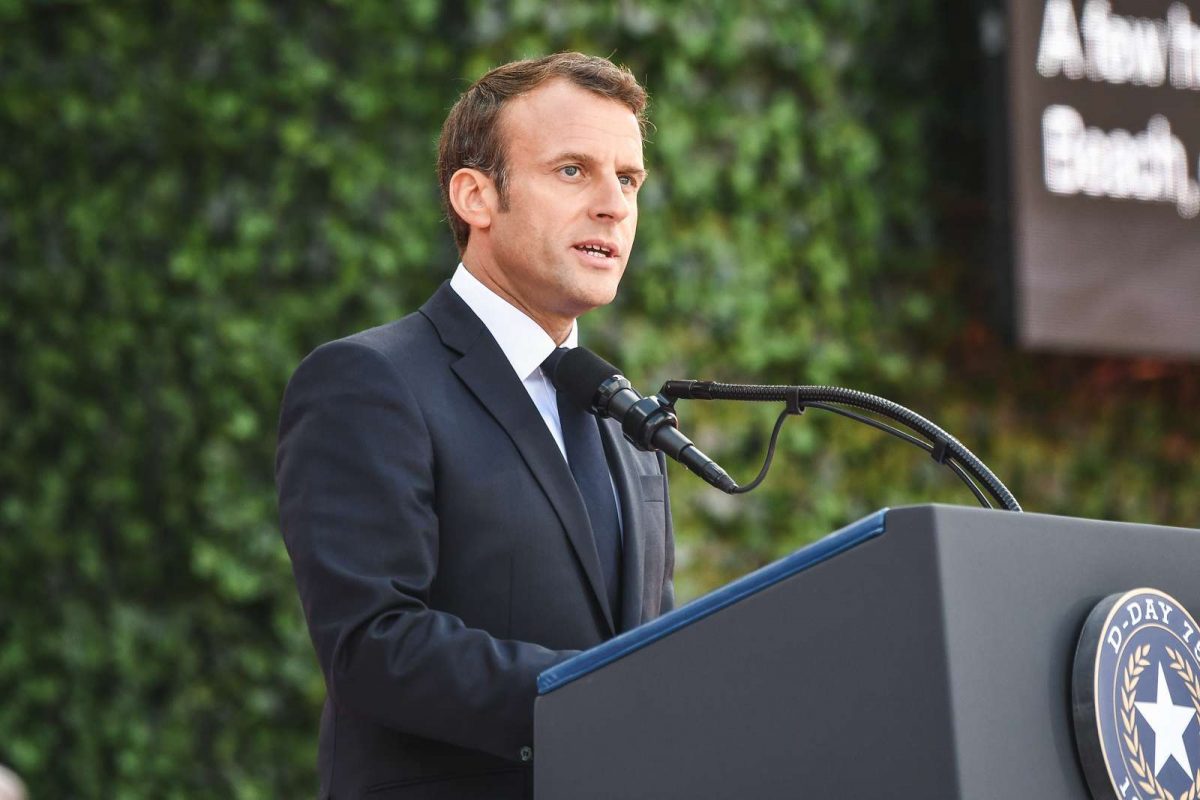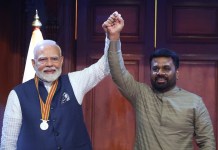The differences and spat between Germany and France over the latter’s announcement to consider troop deployments into Ukraine has just got wider.
The German Federal Parliament (the Bundestag) has concluded that Paris’s direct military presence on the battlefield would be unilateral, not a decision of the North Atlantic Treaty Organization (NATO), and would, therefore, not invoke Article 5 of its Charter.
According to the clause, an attack on one member nation is considered a strike on all. It legally mandates all member countries to militarily rush to the aid of the one attacked.
Meanwhile, French Defense Minister Sébastien Lecornu said Paris will deliver “hundreds” of armored vehicles to Ukraine by the beginning of next year as part of a new military aid package. Lecornu said that “to hold such an extensive front line, the Ukrainian army needs, for example, our armored personnel carriers. It’s absolutely key for troop mobility.”
French & German Spat
Glaring divisions between German Chancellor Olaf Scholz and French President Emmanuel Macron were visible in February at a gathering of European leaders. Macron created controversy by saying sending soldiers to Ukraine could not be ruled out and making pointed comments about allies refraining from doing so were “cowards.”
Speaking to French broadcasters TF1 and France 2 on March 15, Macron signaled that the current situation did not warrant the deployment of troops and that France would never “go on the offensive.” He also rammed home his combative message that Europe should not show weakness and keep “all options” open lest the war spread.
On March 15, Macron, Scholz and Polish Prime Minister Donald Tusk met in Poland under the “Weimar Triangle” format, a trilateral group formed in 1991. It was revived in light of their common goal for a Ukrainian victory, amid strategic confrontation with Russia.
The three countries are key Ukrainian allies, with Germany being Kyiv’s second biggest military donor aid after the United States. “It has been stepping up its support this year, although Scholz has faced criticism for refusing to send long-range Taurus cruise missiles,” said a report on Al Jazeera.
Foreign policy watchers have, however, read Macron’s statements to be made with a political motive and not an actual intention to deploy troops. As Russia has kept advancing, taking more territory, and Ukraine’s failed counteroffensive of mid-2023 dashed all hopes of reversing Moscow’s battlefield gains, Macron’s hardline against Moscow is driven by elevating France’s standing before Western allies.
German Bundestag Report
According to Zeit Online, the Bundestag’s “scientific services” said the deployment of ground troops “from a NATO country in Ukraine would not automatically make all other allies parties to the conflict.” The state in question “would itself become a party to the conflict,” the report said, quoting an unidentified official.
“If the NATO member state acts unilaterally – i.e., not within the framework of a previously decided NATO operation and outside NATO military command structures – neither NATO as a whole nor the other NATO partner states become parties to the conflict.”
German media reports said Macron’s statements caused “great irritation, particularly (with) Chancellor Olaf Scholz’s Social Democratic Party (SPD),” which “clearly opposed the French President’s statements.”

The Bundestag’s research service, which can be assumed to be its legal and international law consultation department, was approached by the Alternative für Deutschland (Alternative for Germany or AfD) party MP Beatrix von Storch. The Parliamentarian asked the ramifications when a NATO member country deploys its own ground troops.
The Bundestag “experts” wrote: “(Assume a situation where) troops from a NATO member state engage in collective self-defense (Article 51 of the UN Charter) on behalf of Ukraine in an existing conflict (between Russia and Ukraine) against the other party to the conflict (Russia). (Here), attacked in the course of combat in the conflict area, this does not constitute a case of Article 5 of the NATO Treaty.”
The NATO alliance is concerned with “NATO countries and troops being attacked on or over their territory.” In other words, France would be on its own since it is participating in the Ukraine war in its own capacity and not as a collective decision by NATO. The bloc has not officially declared it will militarily intervene in Ukraine against Russia on the battlefront.

French Troops in Ukraine Legitimate Targets
While the report does not explicitly say so, a logical conclusion can be drawn that French troops in Ukraine can become legitimate targets for the Russian military.
However, Article 5 can be invoked if Russia strikes French targets on French sovereign, internationally recognized territory. “A military reaction by Russia against targets in France would constitute an (in violation of international law) ‘armed attack’ within the meaning of Article 5 of the NATO Treaty, which established the factual prerequisites for a proclamation of the NATO alliance.”
- The author can be reached at satamp@gmail.com
- Follow EurAsian Times on Google News




